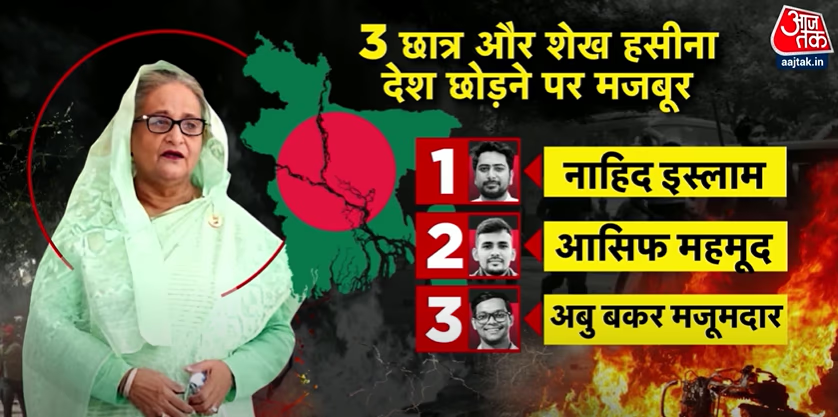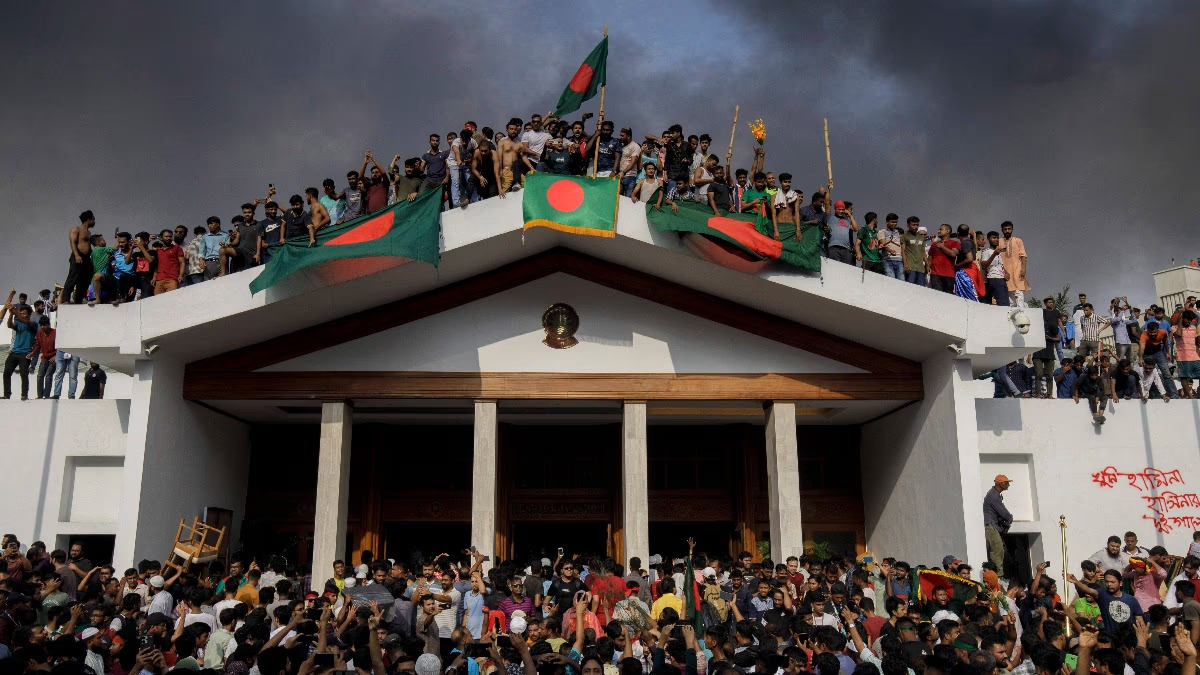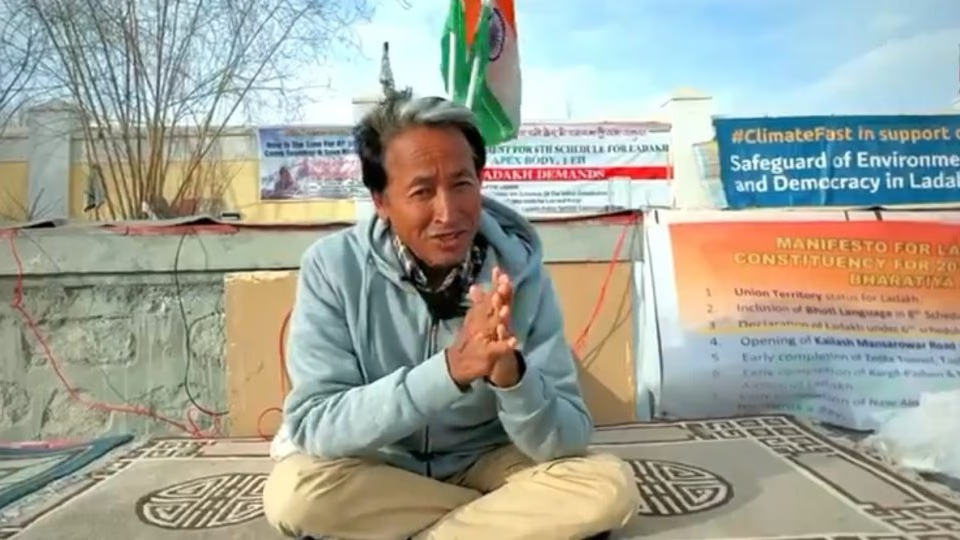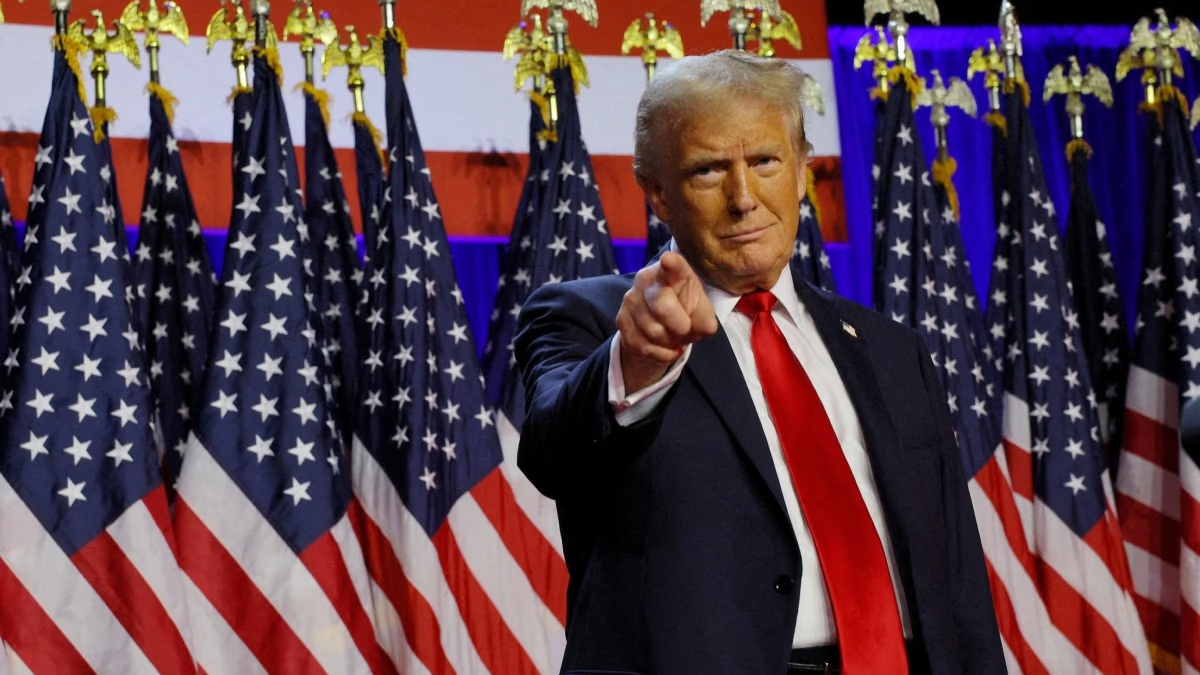At the center of the ongoing crisis in Bangladesh are the students. It's believed that the students' violent protests led to a situation where Prime Minister Sheikh Hasina had to resign and leave the country. But the question is, did the students, protesting against reservations in government jobs, cause all this by themselves? Or did anti-Sheikh Hasina forces join the students' movement, making the protests more violent? Some claim that the movement has slipped from the students' hands and is now completely controlled by radical Islamic groups. Reports indicate that Jamaat-e-Islami and its student wing are wreaking havoc in Bangladesh.
The protesting students in Bangladesh gave President Muhammad Shahabuddin an ultimatum to dissolve the parliament. They warned that if their demands were not met, the protests would become even more intense. The student leaders leading the demonstrations also released a video. They stated that they oppose arson and violence in the country and are trying to stop those attempting to hijack their movement. The students declared they would not accept a government set up by the military.
Here are the three student leaders who forced Sheikh Hasina to leave the country:
1- Nahid Islam
, a student from Dhaka University, who coordinated the entire movement.
2- Asif Mahmood
, another student from Dhaka University, who was part of the nationwide movement against reservations.
3- Abu Bakr Majumdar
, played a crucial role in ousting Sheikh Hasina from power and is also a geography student at Dhaka University.

Source: aajtak
It's worth noting that these three student leaders were held hostage by Bangladesh's Detective Branch and were forced to make a video retracting their protests. While they were in custody, the Home Minister claimed that they voluntarily decided to end the movement. When the truth came out, it only further fueled the protesters' anger. The demonstrations escalated to the point where thousands took to the streets, seizing the parliament building and the Prime Minister's office. Today, the student groups are celebrating Sheikh Hasina's departure from Bangladesh.
Involvement of Pakistan, China, and the US
The unrest in Bangladesh is allegedly influenced by Pakistan and China. Sheikh Hasina's son, Sajeeb Wazed, in an exclusive interview with a news outlet, accused Pakistan of being behind the coup. It's said that Pakistan used the Islamic student wing of Jamaat-e-Islami to fuel the student protests against reservations. Jamaat-e-Islami is linked with ISI, and after the January elections, ISI funded it heavily via the Pakistani embassy in Dhaka.
Conversations among Pakistani journalists and leaders indicate their excitement over Sheikh Hasina's ouster. This has led to claims that Pakistan is behind the coup. Sheikh Hasina's son, Sajeeb, also suspects US involvement. However, after the coup, the US called for government formation through democratic means.
So, why is Pakistan being blamed for the violent protests and Sheikh Hasina's ouster? Sources reveal that Jamaat-e-Islami, linked with Pakistan's intelligence agency, played a significant role. The Islamic student wing of Jamaat-e-Islami has been pivotal in the anti-reservation movement. Their goal is to establish a Taliban-like regime in Bangladesh, with support from Pakistan and China. Sheikh Hasina's neutral stance between India and China displeased China, which wanted a more one-sided approach.
Jamaat Orchestrated the Entire Movement
Sheikh Hasina had suspected Jamaat's involvement in the protests from the beginning. Her suspicions were confirmed when, upon her departure, the military reinstated Brigadier General Abdullahil Aman al-Azmi, whom she had dismissed. General Azmi is the son of Gulam Azam, a Jamaat-e-Islami leader who sided with Pakistan in 1971 and was involved in killings during Bangladesh's liberation war.
The Islamic student wing of Jamaat-e-Islami aims to establish a Taliban-like governance in Bangladesh, with support from Pakistan and China. Sheikh Hasina's attempts to maintain good relations with both India and China angered China, which wanted a more exclusive alliance.




